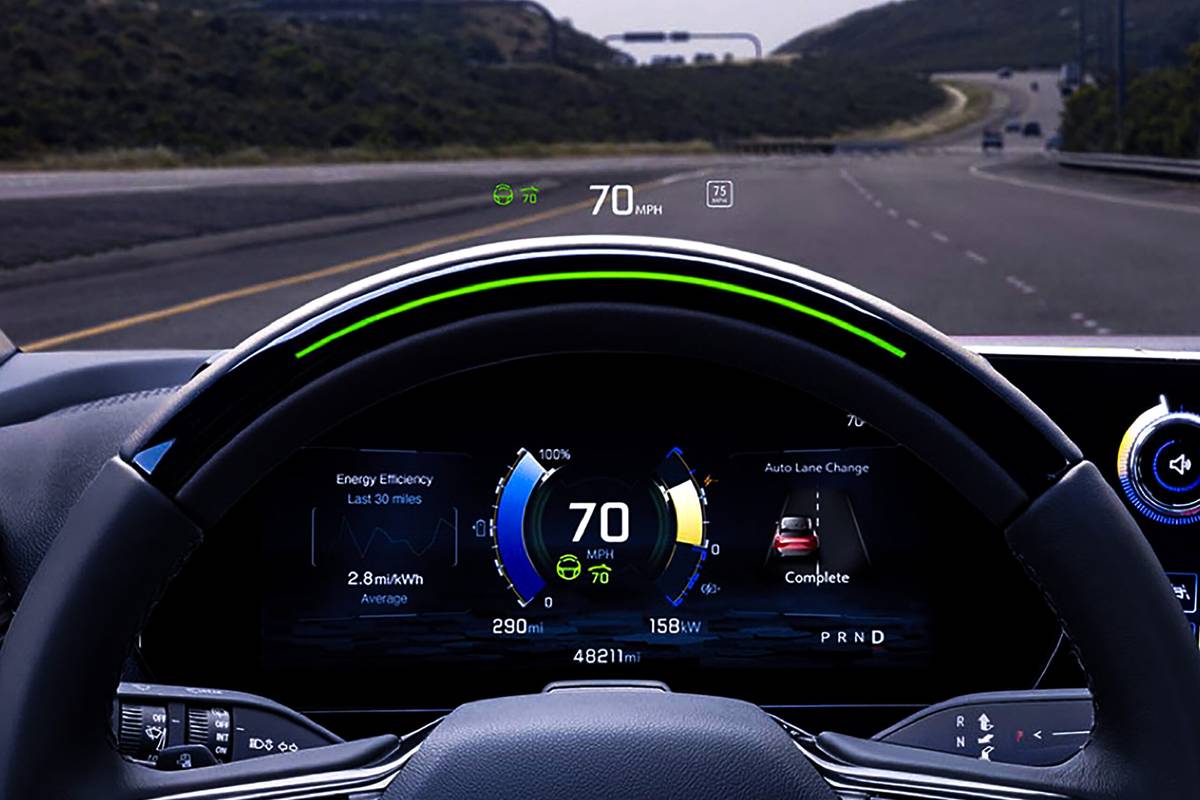Genesis, Hyundai and Kia Charging Control Unit Recall: A Primer

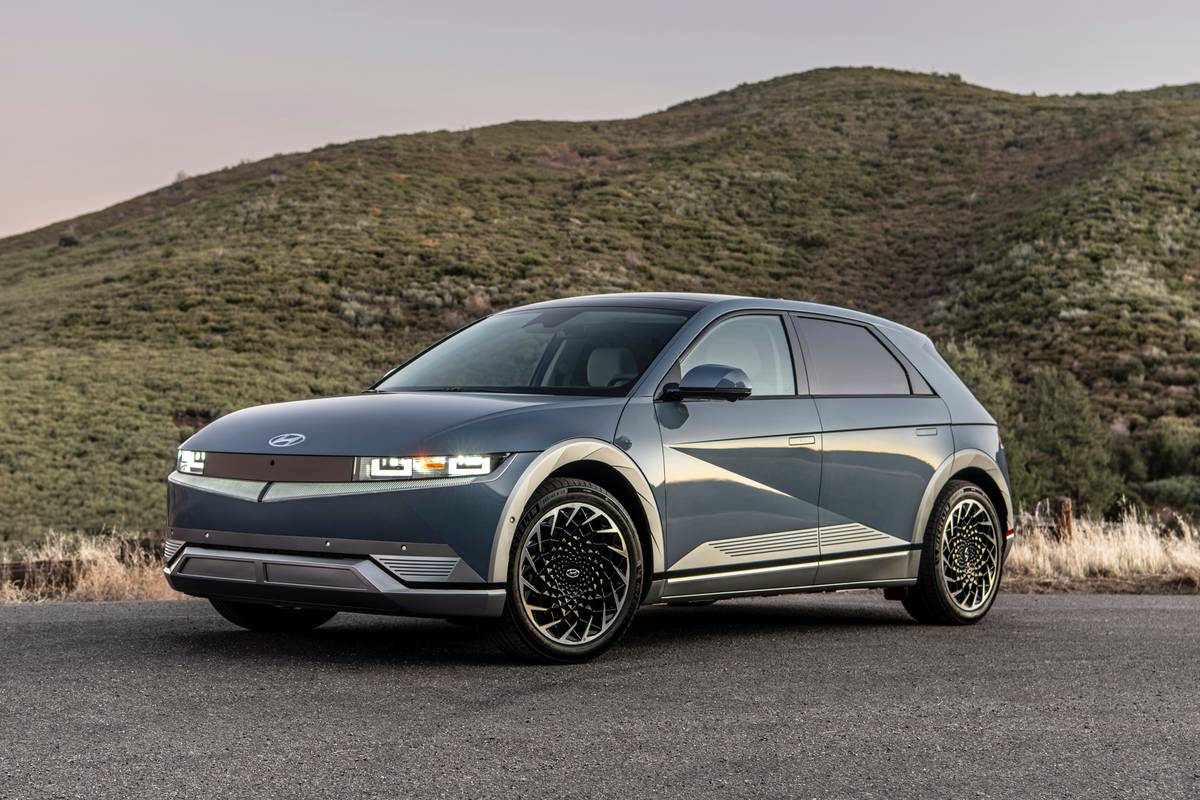
While Genesis, Hyundai and Kia may operate as distinct — or nearly distinct — entities in the U.S., all three fall under the umbrella of Hyundai Motor Group, meaning their vehicles often share platforms, powertrains and other components. Electric vehicles from each brand are an illustrative example of this phenomenon, with most currently available EVs from all three underpinned by some configuration of the group’s Electric Global Modular Platform, or E-GMP. One key component of the E-GMP architecture is the Integrated Charging Control Unit, or ICCU, which is similar to onboard chargers in other EVs but has added functionality; the ICCU is even present in the Genesis Electrified GV70 and Electrified G80, which aren’t E-GMP vehicles. Almost 150,000 EVs — Genesis GV60s, Electrified GV70s and Electrified G80s; Hyundai Ioniq 5s and Ioniq 6s; and Kia EV6s — are being recalled for issues with the ICCU; what does that mean for current owners and prospective shoppers?
Related: 147,000 Hyundai, Genesis, Kia EVs Recalled for Faulty Charging Control Unit
What’s the Integrated Charging Control Unit?
In other EVs, this part is called the onboard charging module (or some similar proprietary term). These EVs, however, have bidirectional charging capability — that is, they can offboard power from the battery pack to other devices. The ICCU, therefore, allows for power to flow in two directions instead of just one like with a traditional onboard charger.
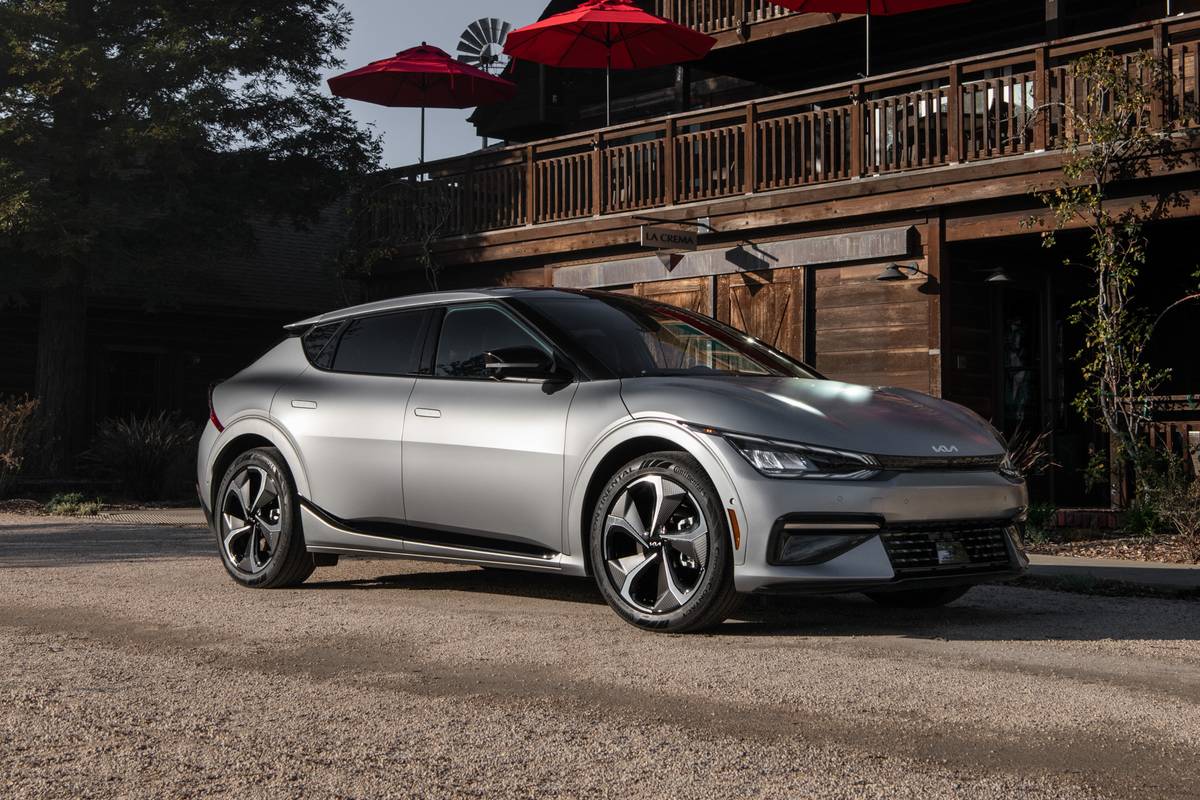
What’s the Issue?
According to the various recall documentation, the issues appear to be similar, though they’re not described the exact same way. In Hyundai and Genesis EVs, “The ICCU may be subject to certain electrical load conditions that can damage internal components and open the ICCU fuse.” In the Kia EV6, meanwhile, “The Integrated Charging Control Unit (ICCU) may become damaged over time from transient high voltage and thermal cycling.” In both instances, the result is an inability to provide power to the auxiliary 12-volt battery, resulting in an eventual loss of power.
This isn’t the first time the ICCU has had issues, either. Owners around the world have reported various issues, which have at times been linked to leaking coolant, allowing the ICCU to overheat (sounds similar), or the vehicle’s connected services waking up the car too often and unintentionally draining the battery (not that similar). These issues have been reported since 2021, though this is the first official U.S. recall for this part by the National Highway Traffic Safety Administration. The technical service bulletins for both Hyundai and Genesis service departments recommend the draining and replacement of motor coolant, but they make no mention of ICCU-specific leaks.
Regardless of how a fault happens, the ICCU being unable to power the battery results in a lack of motive power, leaving the afflicted EV in a brief “limp mode” state with significantly reduced power before eventually losing drive power entirely. You don’t have to be a certified mechanic to understand that that’s suboptimal and potentially dangerous, especially if it occurs on a busy highway.
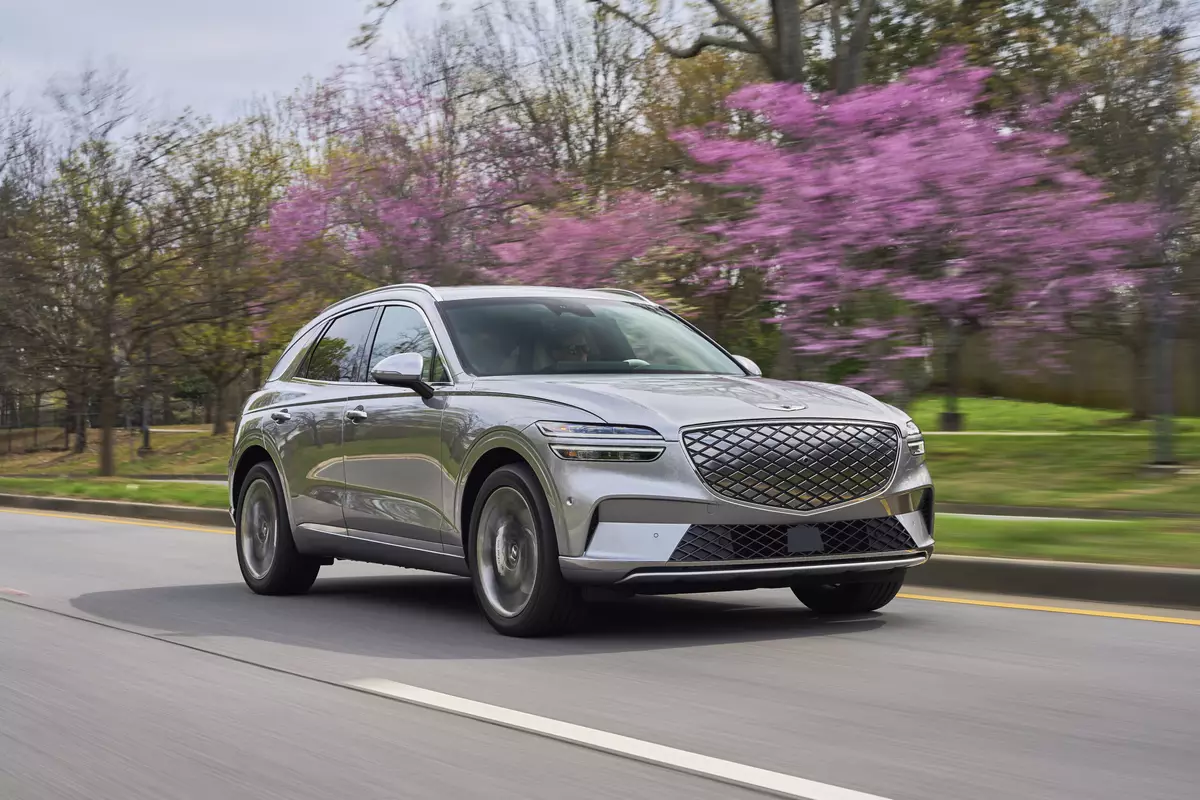
What Are the Warning Signs?
According to the Genesis and Hyundai recall notice, owners will likely experience the some or all of the following:
- Illumination of the malfunction-indicator light (aka the check-engine light, except EVs technically don’t have engines) in the vehicle’s instrument cluster
- Audible chime
- Warning messages displayed in the vehicle instrument cluster
- Reduced motive power or inability to accelerate above a certain speed
Reports indicate that drive power will remain for “approximately 22-45 minutes,” but that is both not that long and a significantly variable range of time; it’s best to pull over to a safe location as soon as possible should you see these warnings and experience a reduction in power.
For the Kia EV6, NHTSA says there would be audible warning chimes and at least one of the following:
- Illumination of “Check Electric Vehicle System” warning light
- Master warning light
- Charging system warning light
- “Stop vehicle and check power supply” warning light
- Power down (turtle) warning light
- Reductions in motive power
Some owner complaints have also described an audible “popping” sound when these issues occurred, but these reports are inconsistent, and it’s possible you may not hear or recognize a similar sound. The complaints also don’t indicate a significant passage of time between the pop and the above warning indicators and chimes.
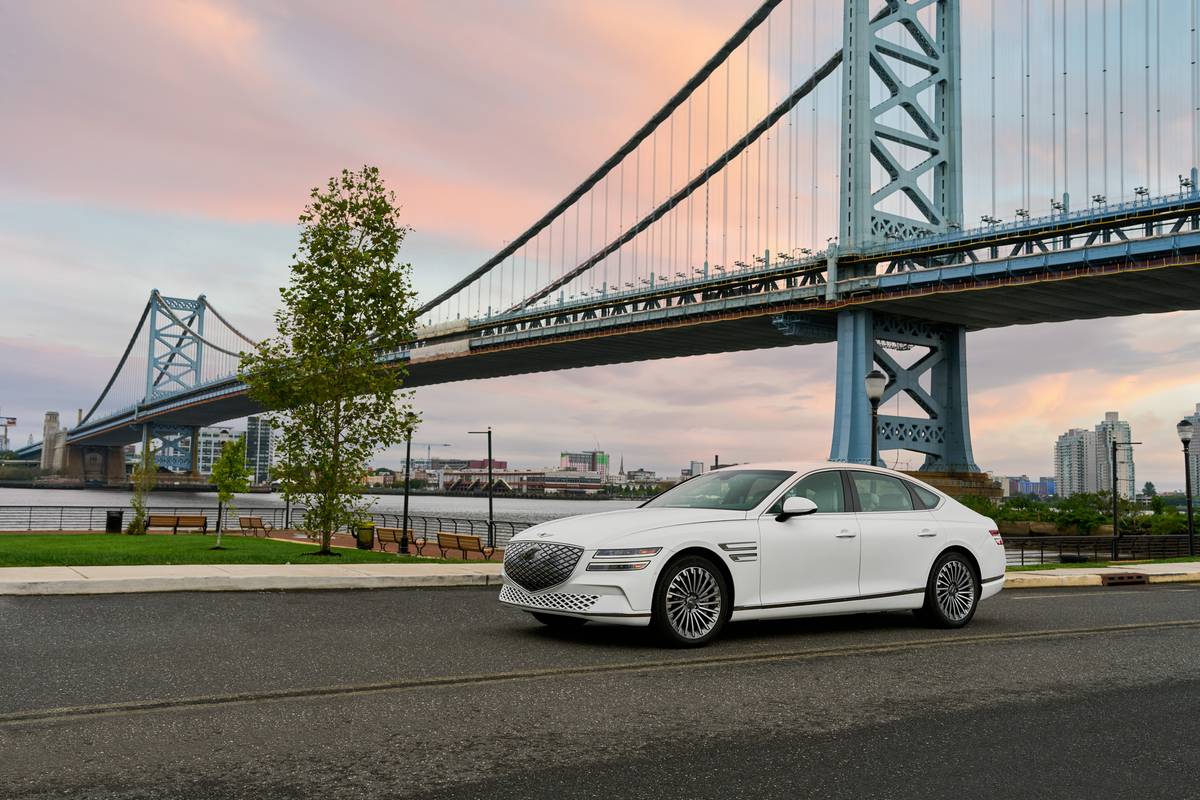
Is Your Vehicle Affected?
If you already own a model-year 2022-24 Hyundai Ioniq 5 or 2023-24 Ioniq 6; model-year 2023-24 Genesis GV60, Electrified GV70 or Electrified G80; or model-year 2022-24 Kia EV6, the bad news is that your vehicle is probably part of the current recall. According to a statement from Kia, the recall affects “all” 2022 and 2023 EV6s, but only certain 2024 models. It appears to be a similar situation for Hyundai and Genesis, based on yearly sales figures and the number of each vehicle affected.
To be certain if a vehicle is affected, owners with questions can contact Hyundai at 855-371-9460 (Hyundai’s recall number is 257/021G), Kia at 800-333-4542 (Kia’s recall number is SC302), the National Highway Traffic Safety Administration’s vehicle-safety hotline at 888-327-4236, or visit its website to check your vehicle identification number and learn more. Recall notices for affected Hyundai and Genesis models are scheduled to be mailed on May 14, while Kia notices are to be sent April 29.
If you’re in the market for one of these EVs, we commend your taste. The Ioniq 5 is our reigning Best Electric Vehicle, and the Genesis Electrified GV70 is our current pick for Best Luxury Car. When they work properly, all of these vehicles can be excellent choices depending on your lifestyle and budget. But, we understand that if you buy a new car, you’d like it to work from the moment you purchase it and be free from known defects. Affected vehicles still at ports will be repaired before moving on to dealer lots; for those already on sale, you can check the production date by looking at the sticker affixed to the driver-side door jamb. Below is a list of production dates for these respective vehicles that should have addressed this issue during the manufacturing process; any vehicle built on or after these dates should be free of the ICCU issue.
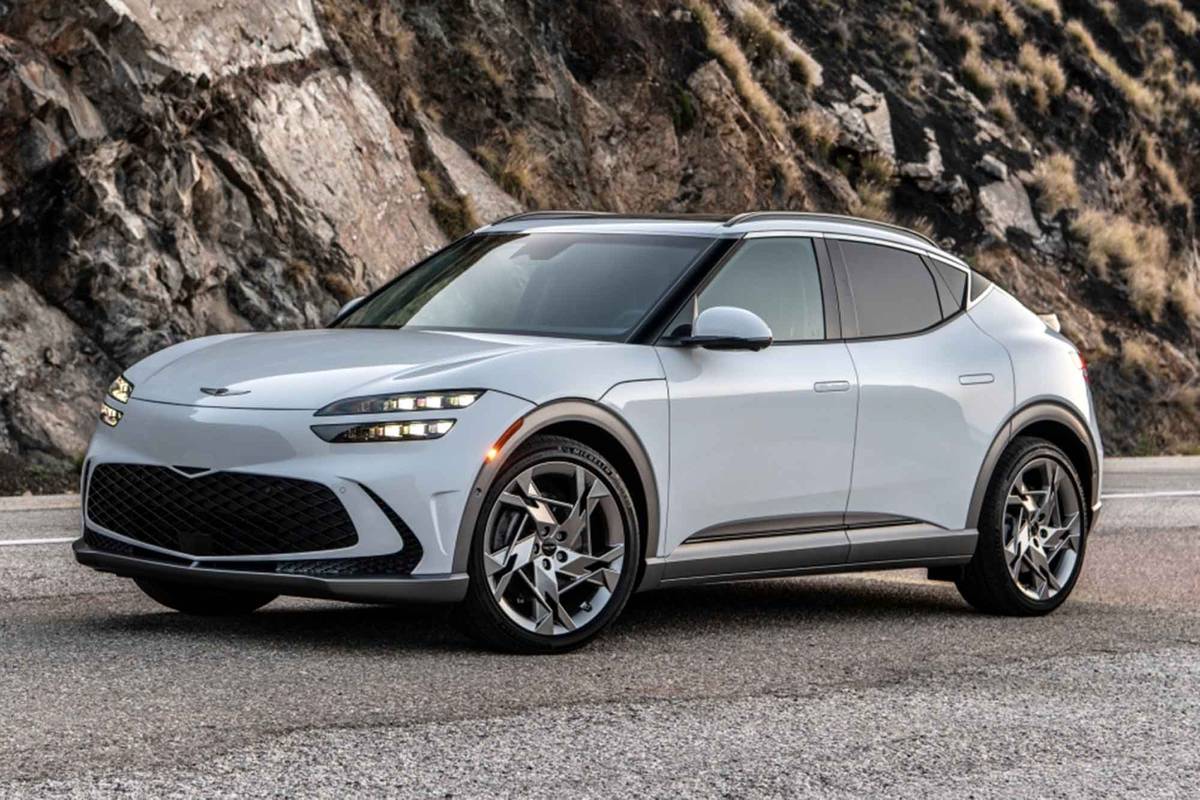
Genesis
- Electrified GV70: March 13, 2024
- Electrified G80: Jan. 16, 2024
- GV60: Feb. 3, 2024
Hyundai
- Ioniq 5: Feb. 20, 2024
- Ioniq 6: Dec. 26, 2023
Kia
- EV6: Feb. 8, 2024
If the model you’re looking at has a production date before any of the above dates, you can check its vehicle identification number to see if there are any outstanding recalls (including this one) and confirm with the dealer that this will be repaired before taking delivery.
More From Cars.com:
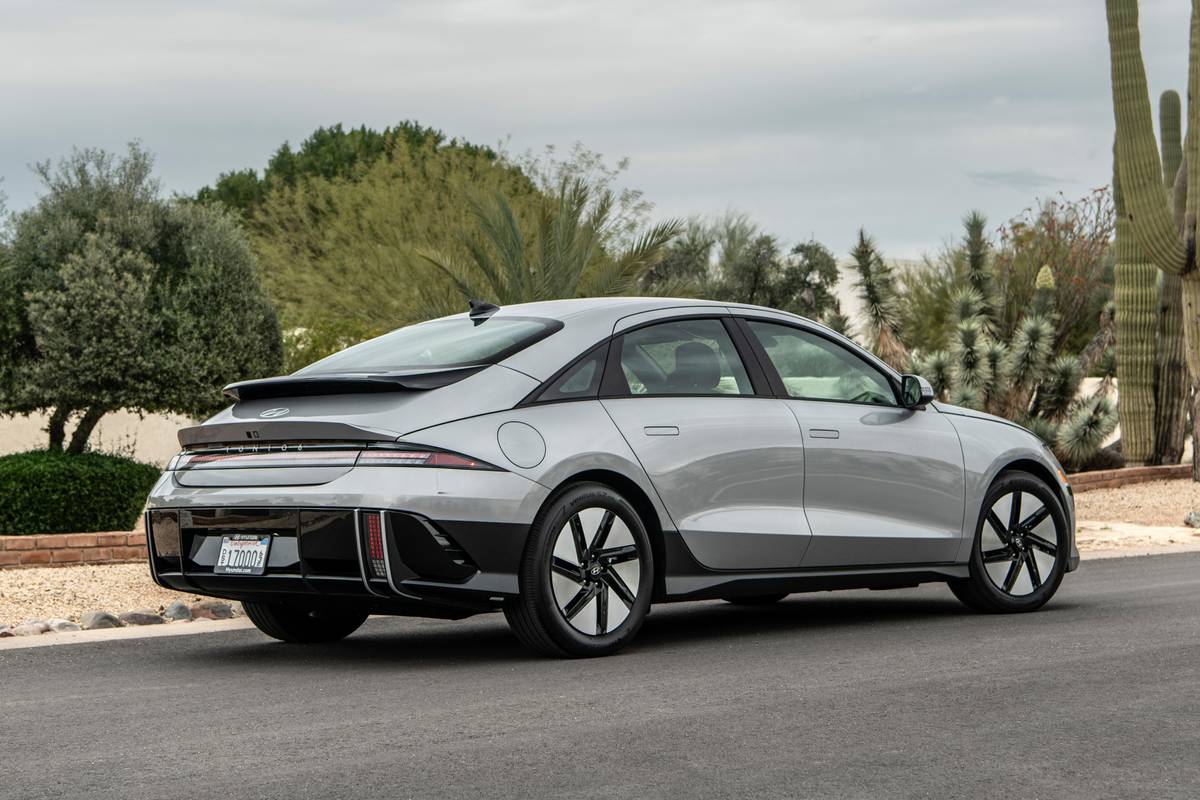
What’s the Fix?
Affected vehicles will have their ICCUs checked by dealership service technicians; damaged or otherwise faulty units will be replaced at no charge, and a software update will also be installed. For Hyundai and Genesis models, “The remedy ICCU software prevents overcurrent and implements voltage peak reduction at the end of EV battery charging. The remedy software also revises the electric water pump operational threshold to reduce thermal loading during charging and driving.” For the Kia EV6, meanwhile, “The improved ICCU software decreases thermal loading and lowers peak voltage during operation to mitigate damage to the ICCU.”
In no instance does it appear that the ICCU has been redesigned or modified; rather, the software that manages its operation has been updated.
Related Video:
Cars.com’s Editorial department is your source for automotive news and reviews. In line with Cars.com’s long-standing ethics policy, editors and reviewers don’t accept gifts or free trips from automakers. The Editorial department is independent of Cars.com’s advertising, sales and sponsored content departments.

Road Test Editor Brian Normile joined the automotive industry and Cars.com in 2013, and he became part of the Editorial staff in 2014. Brian spent his childhood devouring every car magazine he got his hands on — not literally, eventually — and now reviews and tests vehicles to help consumers make informed choices. Someday, Brian hopes to learn what to do with his hands when he’s reviewing a car on camera. He would daily-drive an Alfa Romeo 4C if he could.
Featured stories
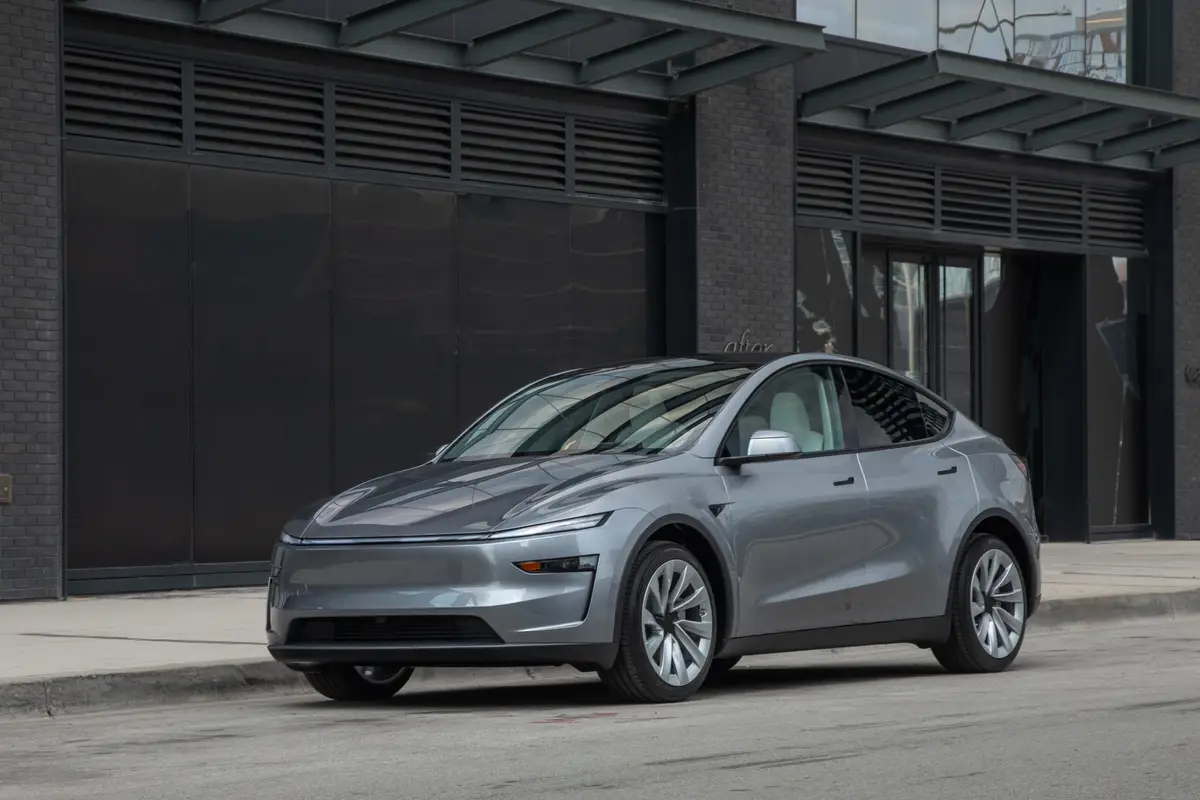
Should Tesla Model Y Owners Get the New 2026?

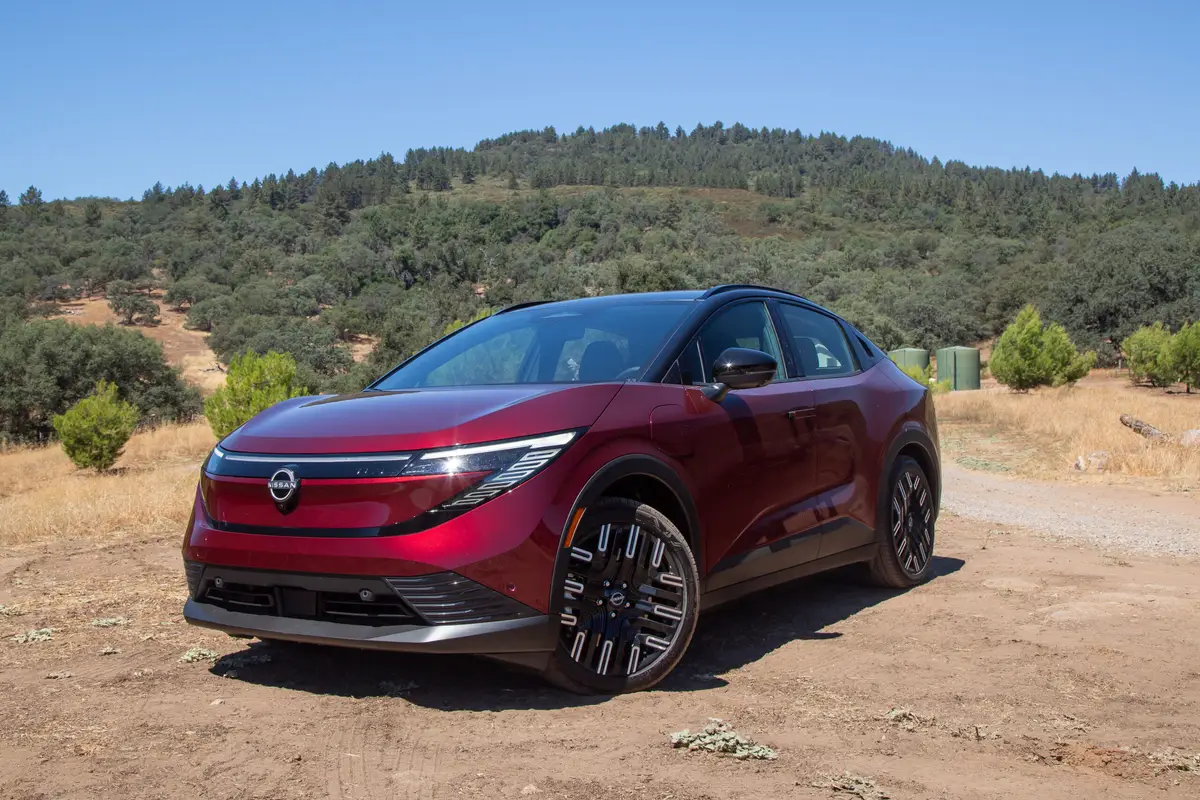
2026 Nissan Leaf Review: Value Victory

